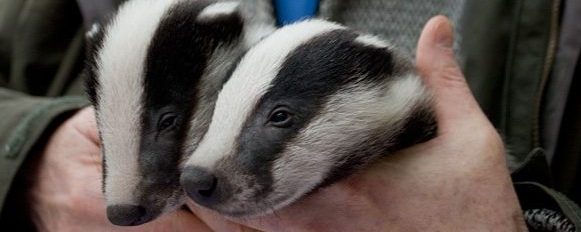The world watches and wonders……..
The interest and outrage generated by the English badger culls over the last thirteen years is huge and continues to grow. But as time has gone on, the problems have also attracted a growing international following. Bovine TB is, after all, an international problem. Since 2019, there have been multiple readers from 96 countries and dependencies:
Austria, Algeria, American Samoa, Argentina, Australia, Azerbaijan, Bahrain, Bangladesh, Belgium, Benin, Bermuda, Brazil, Bosnia & Herzegovina, Bulgaria, Cambodia, Canada, Chile, China, Colombia, Costa Rica, Croatia, Cyprus, Czechia, Denmark, Egypt, Estonia, Ethiopia, Finland, France, Gambia, Germany, Gibraltar, Greece, Guernsey, Hong Kong SAR, Hungary, Iceland, India, Indonesia, Ireland, Isle of Man, Israel, Italy, Jamaica, Japan, Jersey, Kenya, Kuwait, Kyrgyzstan, Latvia, Lithuania, Luxembourg, Malaysia, Malta, Mauritius, Mexico, Monaco, Montenegro, Morocco, Netherlands, New Zealand, Nepal, Nigeria, Norway, Pakistan, Peru, Philippines, Poland, Portugal, Romania, Russia, Rwanda, Senegal, Slovenia, Switzerland, Spain, Singapore, Sri Lanka, Serbia, Slovakia, South Africa, South Korea, Sweden, Syria, Taiwan, Tanzania, Thailand, Türkiye, Ukraine, United Kingdom, United States, United Arab Emirates, Uruguay, Vietnam, Venezuela and Zambia.
How do other countries view the disastrous situation the UK has got itself into? Do they also have government departments committed to upholding out of date analyses and opinions at the expense of adopting newer and better disease control protocols? They must surely be baffled by the obvious reluctance of the decision makers in London to engage with scientists who offer real hope for progress in the disease control process, with potential benefits that are readily apparent. The refusal of government to involve published scientists who have called out errors and oversights must be perplexing, as must the refusal to place any value on the lives and welfare of badgers as part of the wildlife wealth of the UK. The latter remains an unexplained moral and ethical black hole. This is a major international embarrassment for the UK in front of an academic and veterinary world audience.
We hope that despite England’s ongoing intransigence on this distressing issue over decades, our reporting of the science of bovine TB in recent years is helping to inform other countries who need to know the limitations of the tuberculin and gamma tests, as they are used in UK and Ireland. They need to know, where whole herd depopulation is not an option, how a new protocol to remove the disease from a herd is what is needed; a wider range of cattle tests used more frequently and according to need is vital.
In the UK, it is now clear that badgers have not been shown to play a significant role in the persistence of bTB in cattle herds. While more research is needed into this disease in all manner of wildlife, its respiratory nature suggests that the source of new infection in cattle is overwhelmingly other cattle; the necessary close contact between cattle and deer/badgers/fox etc just doesn’t happen in normal circumstances. Cattle that are carrying bTB, however, are able to remain undetected for many years by DEFRA’s tests of choice, the SICCT and Gamma tests. And infected cows get traded and moved, and take their infection to a new area and new animals. Only when this is better understood and accepted will vets and farmers be able to sustainably manage livestock in rural areas without disrupting ecosystems nearby that are vulnerable to careless exploitation.
Discover more from The Badger Crowd - standing up for badgers
Subscribe to get the latest posts sent to your email.

